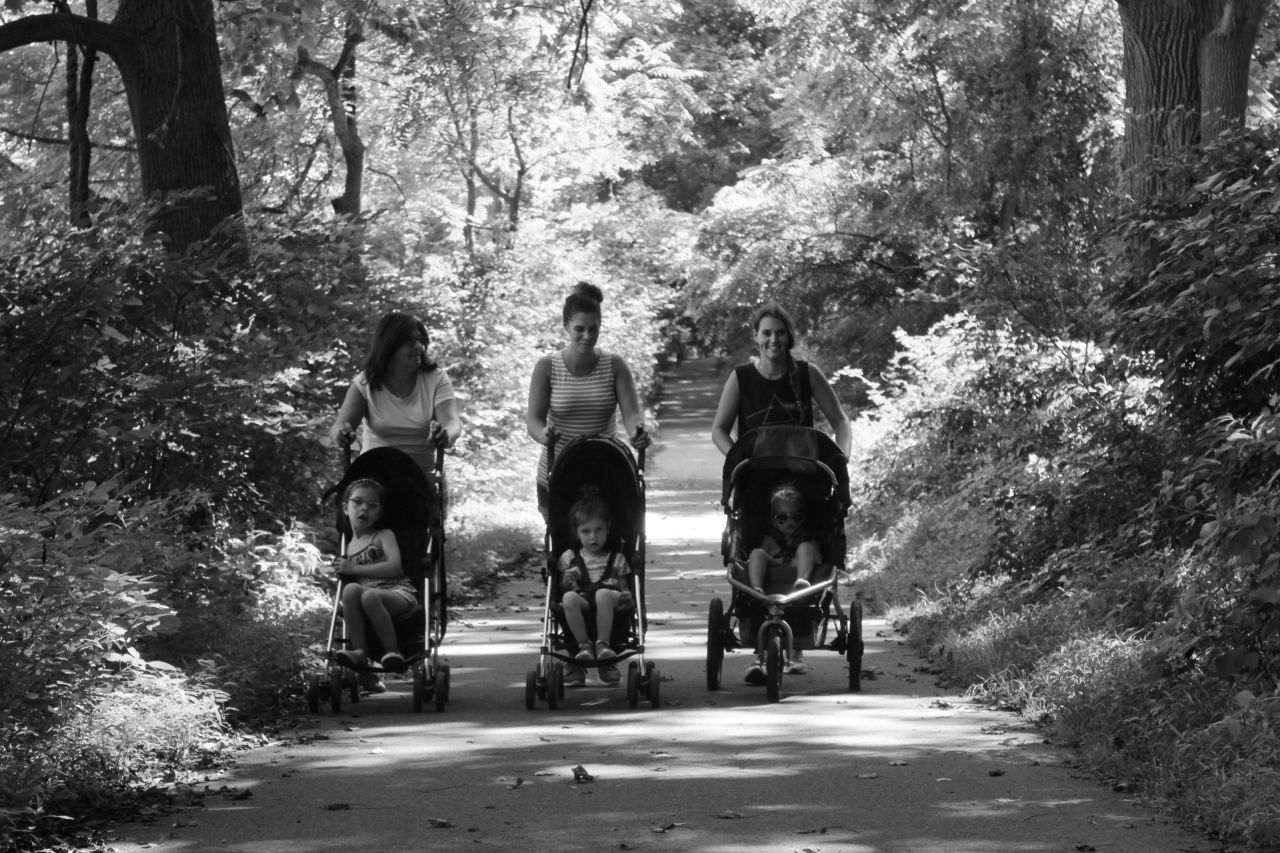Preterm delivery, also known as premature birth, refers to the birth of a baby before the completion of the 37th week of pregnancy. This condition poses numerous challenges for both the babies and their mothers.
Preterm delivery is a major global health concern, with an estimated 15 million preterm births occurring each year worldwide. In this article, we will explore the effects of preterm delivery on both the babies and their mothers.
Effects on Babies
Preterm birth can have significant consequences on the health and development of babies. The earlier the baby is born, the higher the risk of complications. Some of the effects on babies include:.
1. Respiratory Problems
Babies born prematurely often have underdeveloped lungs and may require artificial assistance for breathing.
They may experience respiratory distress syndrome, which is characterized by difficulty in breathing, low blood oxygen levels, and the need for supplemental oxygen or mechanical ventilation.
2. Neurological Complications
Preterm babies are prone to various neurological complications, such as intraventricular hemorrhage (bleeding inside the brain), periventricular leukomalacia (damage to the white matter of the brain), and problems with motor skills, coordination, and cognitive development.
3. Digestive Issues
Immature digestive systems in preterm babies can lead to complications like necrotizing enterocolitis, a serious intestinal condition that can cause tissue death and infection, and difficulties in feeding and digesting nutrients properly.
4. Temperature Regulation
One of the challenges faced by preterm babies is maintaining body temperature due to their limited fat stores and underdeveloped thermoregulatory systems. These babies require special care to prevent hypothermia and hypothermia-related complications.
5. Growth and Development
Preterm babies may experience delays in growth and development compared to babies born at full term. They may require specialized nutrition and developmental interventions to catch up with their peers.
Effects on Mothers
Preterm birth not only affects the babies but also has physical, emotional, and psychological effects on mothers. Some of these effects include:.
1. Physical Challenges
Mothers who give birth prematurely may experience postpartum complications such as excessive bleeding, infections, and delayed recovery compared to mothers who have full-term deliveries.
2. Emotional Distress
Mothers of preterm babies often experience significant emotional distress due to the unexpected circumstances of their baby’s early arrival.
They may feel anxious, guilty, or overwhelmed, which can lead to postpartum depression and anxiety disorders.
3. Bonding and Maternal-infant Relationship
Preterm birth can disrupt the normal bonding and attachment process between mothers and their babies.
Mothers may face challenges in establishing breastfeeding, and they may need to spend extended periods in the neonatal intensive care unit (NICU), limiting their early interactions with their babies.
4. Financial and Social Stress
Having a preterm baby often comes with additional financial burdens, such as increased medical expenses and extended hospital stays. This can create stress and strain on the family’s financial resources.
Moreover, the social support system may also be affected, as mothers may need to balance the demands of caregiving and work.
5. Future Pregnancy Concerns
Mothers who have experienced preterm delivery may have concerns and apprehensions about future pregnancies.
They may worry about the possibility of another preterm birth and the associated risks, leading to increased anxiety during subsequent pregnancies.
Conclusion
Preterm delivery has wide-ranging effects on both babies and mothers.
The babies may face various medical challenges, including respiratory problems, neurological complications, digestive issues, temperature regulation difficulties, and delays in growth and development. Mothers, on the other hand, may experience physical challenges, emotional distress, disruptions in bonding and maternal-infant relationship, financial and social stress, and concerns regarding future pregnancies.
Recognizing and addressing these effects are essential to provide appropriate care and support to both the babies and their mothers affected by preterm birth.































